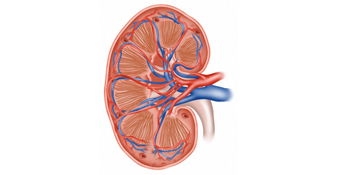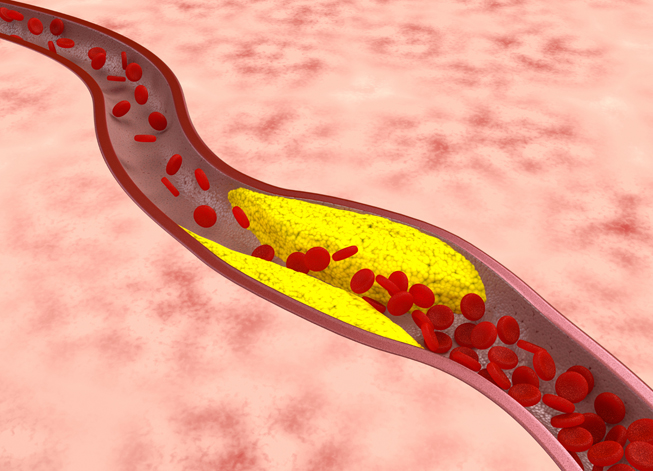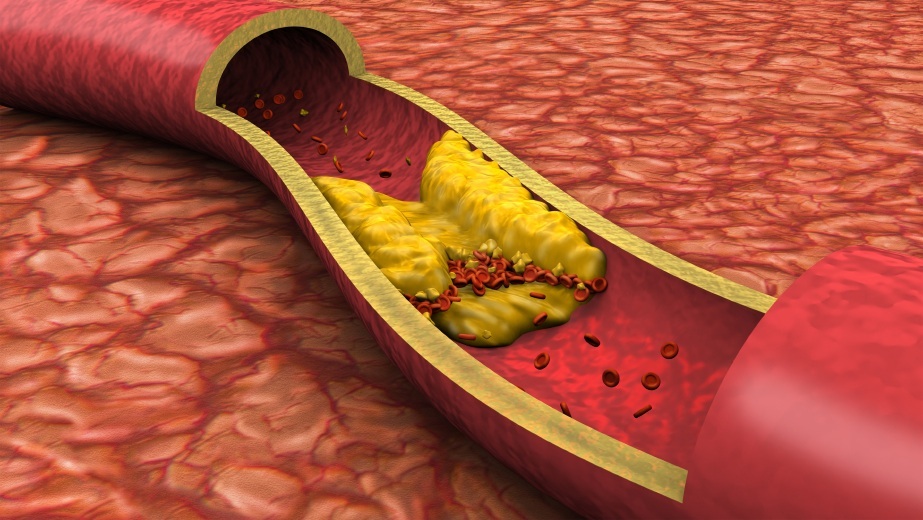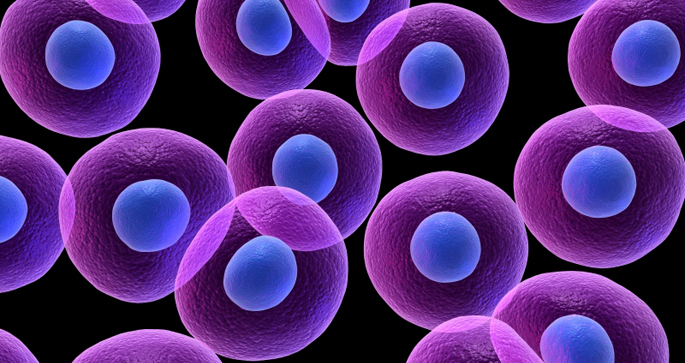NIDDK
-

Boosting beta cells in diabetes
New findings suggest that it might be possible to treat diabetes by regenerating insulin-producing beta cells in the pancreas. Read MoreApr 20, 2015
-

Surprising finding in the kidney
TGF-beta signaling in the kidney was thought to be a target for reducing renal fibrosis, but Vanderbilt researchers report that fibrosis still occurs in the absence of TGF-beta signaling. Read MoreApr 16, 2015
-

New player in heart cell growth
Vanderbilt researchers have identified a new protein involved in heart cell growth, which could improve understanding of pathologic cardiac hypertrophy. Read MoreApr 6, 2015
-

Tiny model of diabetes
Vanderbilt University researchers have created a zebrafish model of skeletal muscle insulin resistance that could help improve diabetes treatment. Read MoreFeb 20, 2015
-

Kidney disease impacts HDL function
Chronic kidney disease impairs the protective functions of HDL, Vanderbilt researchers report this month. Read MoreFeb 11, 2015
-

New clue to a devastating disease
New findings suggest a previously unrecognized role for the Sox10 transcription factor in Hirschsprung’s disease, and may lead to improved diagnostic and therapeutic approaches for this disease. Read MoreJan 28, 2015
-

Beta cell link to fasting glucose
New findings explain why variation in a particular gene is the most important determinant of fasting blood glucose levels in humans. Read MoreJan 22, 2015
-

Target for atherosclerosis therapies
A newly identified “atheroprotective” gene is a tool for exploring plaque pathophysiology and may be a good target for therapies to slow atherosclerosis progression. Read MoreDec 17, 2014
-

New tools to probe manganese biology
Vanderbilt researchers have developed tools to probe the role of the essential metal manganese in neurons, and which offer a started point for developing therapeutic agents for manganese-related neurological disorders. Read MoreNov 26, 2014
-

Protein implicated in atherosclerosis
Vanderbilt researchers have discovered a new target for the prevention of atherosclerotic plaque development and cardiovascular disease. Read MoreNov 25, 2014
-

New insight on oral cancer culprits
A new mouse model offers insight into the signaling pathways that control oral cancers – and a platform for testing anticancer therapeutics. Read MoreNov 12, 2014
-

Neuronal culprit in genetic disease
A particular neuronal cell population is involved in the pathogenesis of a rare neurological disorder, Vanderbilt researchers have discovered. Read MoreOct 14, 2014
-

Patient-derived stem cells shed light on pulmonary hypertension
Stem cells derived from patients with pulmonary arterial hypertension provide a unique resource for studying the molecular defects that cause the disease and testing potential therapies. Read MoreSep 16, 2014
-

Protein interaction protects against neurodegeneration
Two proteins interact to maintain selenium levels in the brain, and protect neurons from degeneration. Read MoreSep 2, 2014
-

Weight regain after gastric bypass
Early weight regain after gastric bypass surgery does not reverse metabolic improvements, and the "hunger hormone" ghrelin might indicate who is susceptible to weight regain. Read MoreAug 15, 2014
-

Photo: Summer research conference
Undergraduates from across the country attended a summer research conference at Vanderbilt this week sponsored by the National Institute of Diabetes and Digestive and Kidney Diseases. Read MoreJul 31, 2014
-

Magnuson honored for role in Beta Cell Biology Consortium
Mark Magnuson, M.D., Louise B. McGavock Professor of Molecular Physiology and Biophysics at Vanderbilt University, has received a national leadership award for the Beta Cell Biology Consortium (BCBC), a major team science initiative. Read MoreJul 24, 2014
-

Molecular ‘chat’ holds kidney fibrosis clues
A novel molecular “conversation” regulates kidney fibrosis – the final result of end-stage chronic kidney disease – suggesting new treatment options for this currently irreversible process. Read MoreJul 10, 2014
-

CaMKII enhances insulin secretion
The protein CaMKII acts as a calcium sensor in a positive feedback pathway that enhances glucose-stimulated insulin secretion. Read MoreMay 14, 2014
-

PET probe detects dying tumor cells
A novel PET imaging probe detects tumor cell death in vivo and could be useful for personalizing cancer medicine. Read MoreMay 8, 2014